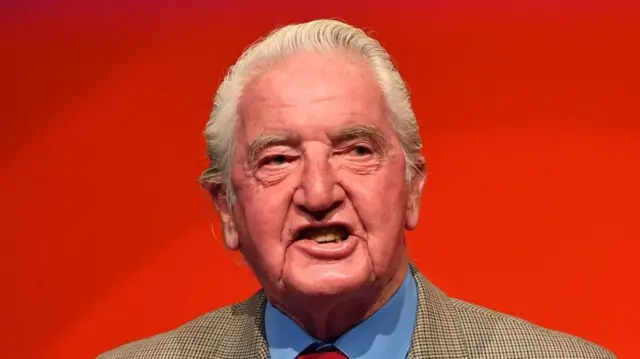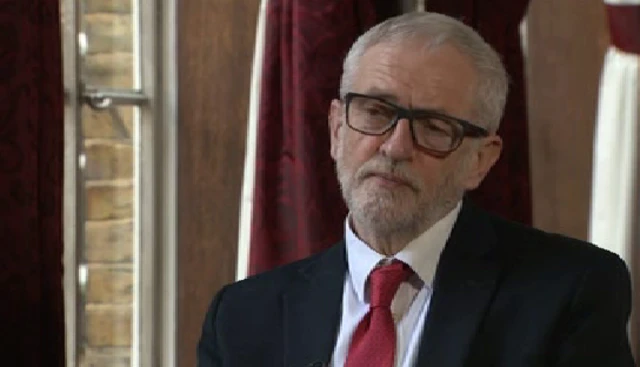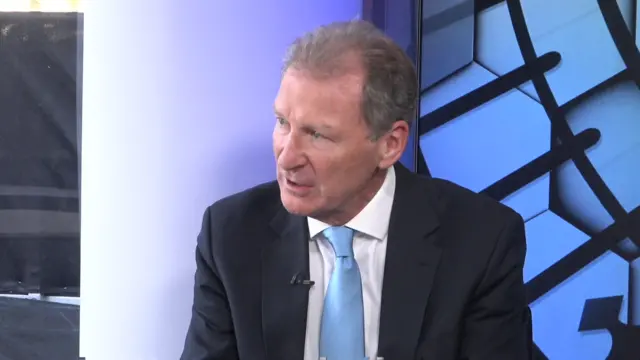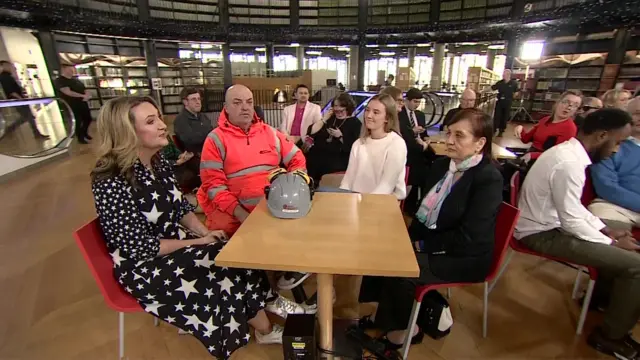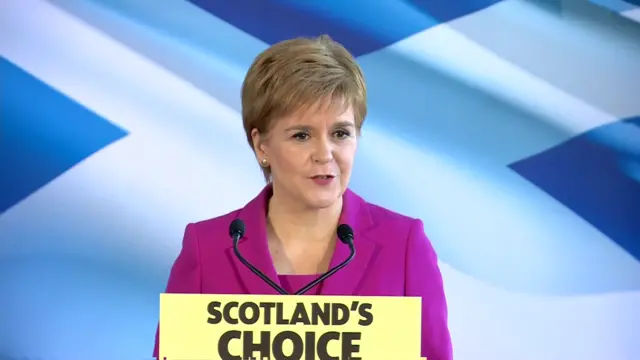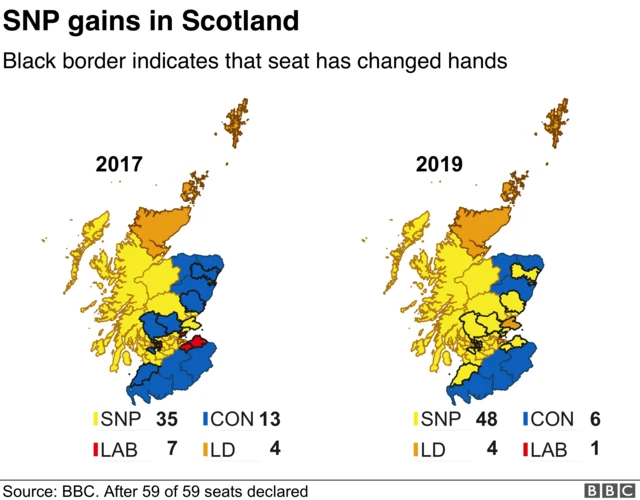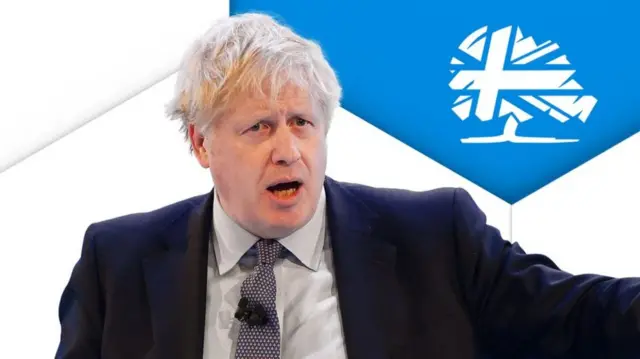What will Johnson's pledges on security, defence and foreign aid mean?published at 13:04 GMT 13 December 2019
 James Landale
James Landale
Diplomatic correspondent
Change is coming. The government will now carry out what Boris Johnson called "the deepest review of Britain's security, defence and foreign policy since the end of the Cold War".
He has promised to start it within the next 100 days. But what might this mean in practice?
The Conservatives promised to "examine how we reform Whitehall to support integrated policy-making and operational planing across departments and agencies".
Might that involve a greater role for the Foreign Office, absorbing DFID or taking control of the foreign aid budget?
Mr Johnson also promised to consider "how best to use our huge expenditure on international development".
Might that mean a fresh attempt to change the rules so the UK's £14bn aid budget can be spent not just on poverty reduction but also security and economic priorities?
But perhaps the biggest question is what foreign policy Mr Johnson will adopt. His manifesto said nothing about the UK's future relationship with the US and China.
There was no reference to Iran, Syria, Russia, Israel, Saudi Arabia. Of Islamic state, there was not a word.
The key point is that a new Conservative government with a big mandate can potentially make radical reforms to UK foreign policy, enacting ideas that have long lain dormant in dusty policy papers, constrained by Brexit and administrations with small majorities.


